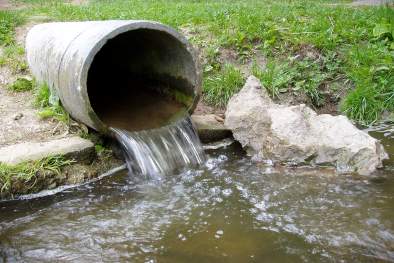IWRM helps to protect the world’s environment, foster economic growth and sustainable agricultural development, promote democratic participation in governance, and improve human health. Worldwide, water policy and management are beginning to reflect the fundamentally interconnected nature of hydrological resources, and IWRM is emerging as an accepted alternative to the sector-by-sector, top-down management style that has dominated in the past.
The basis of IWRM is that the many different uses of finite water resources are interdependent. High irrigation demands and polluted drainage flows from agriculture mean less freshwater for drinking or industrial use; contaminated municipal and industrial wastewater pollutes rivers and threatens ecosystems; if water has to be left in a river to protect fisheries and ecosystems, less can be diverted to grow crops. There are plenty more examples of the basic theme that unregulated use of scarce water resources is wasteful and inherently unsustainable.
Integrated Water Resources Management is a cross-sectoral policy approach, designed to replace the traditional, fragmented sectoral approach to water resources and management that has led to poor services and unsustainable resource use. IWRM is based on the understanding that water resources are an integral component of the ecosystem, a natural resource, and a social and economic good.
